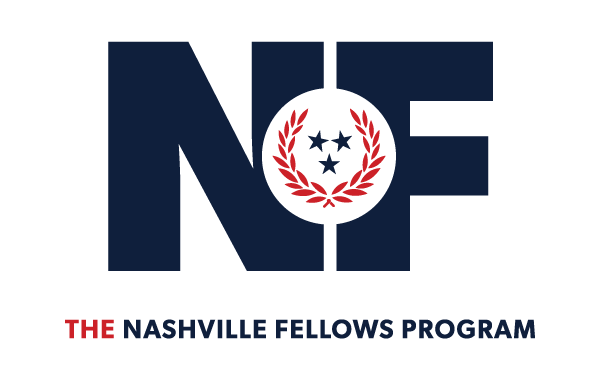Confessions by Sara Parks
Confessions
For the Fellows, we engage in several individual assessments—so far, we’ve completed Myers-Briggs together, and several of us have taken StrengthsFinder or Enneagram on our own. We’re also going through three major assessments over Christmas break in preparation for our Vocations Retreat in January. The Myers-Briggs assessment made me (painfully) aware that I was the only “Thinker” in a group full of “Feelers,” meaning I put more weight on objective principles sand impersonal facts than personal concerns and the people involved. Reading more about my Enneagram type (Type 5, “Investigator”) only drove that predilection home. In short, my type “wants to possess knowledge, understand the environment, and have everything figured out as a way of defending the self from threats from the environment.”
I’ve heard Saint Augustine’s Confessions quoted more times than I can count, but I’ve just now gotten the chance to read the book myself, thanks to it being assigned for one of the Fellows’ classes. In the introduction to our copy of Confessions, Rosalie de Rosset says Augustine’s intellectual style was “one that insistently asked questions and pursued them tenaciously… One that also, he admits, made him ‘swollen up with vanity.’” With my tendency to value the objective and impersonal, I’ve found myself in that same place. I think if I can just figure everything out for and by myself, I can defend myself from anything going on around me. I bury my head in a question or idea and neglect the reality of my surroundings and the people there.
Relevant to his incessant questioning, Augustine writes, “I had my back to the light and my face turned towards the things upon which the light fell: hence my face, by which I looked upon the things that were lighted up, was not itself in the light.” I forget that burying my head in a question is usually not the way to find the answer. I have to redirect my focus to God, the light, and not only look on the earthly things where His light falls.
Augustine is well known for his powerful desires. He writes, “For there was a hunger within me from a lack of inner food, which is yourself, my God.” He carries on to say that the less God he has in his life, the less he even cared for God and the more he tried to replace Him with other things. Mere Christianity details the same concept, where C.S. Lewis says that man is created to run on God the same way a car is designed to run on gasoline. All too often, I find myself trying to run on just about anything other than God. I push Him away and try to sustain myself on love for things that in themselves aren’t bad (whether it be incessant questioning and valuing the objective, or more basic desires like good folk music and dark chocolate), but they certainly won’t do as a replacement for God. Focusing on these earthly loves may be fun for a time, but it always leaves me deeply unsatisfied and hungry. But it’s a hunger that no facts, concert, or chocolate can ever satisfy.
Eventually, I remember the fuel on which I was created to run, and I set my face back toward God. De Rosset writes on Augustine, “His highest happiness was God and His Son, Jesus Christ.” I have learned to find my highest happiness in God, too—though some days I still forget that. I’ll end with a quote by Paolo Arimado that helps me remember where sustenance is really found:
“I have heard the Gospel a thousand times, in a thousand forms. No matter, preach it to me again. I hunger, I tire, I sigh. Preach it to me again; it is my food, it is my rest, it is my sweet embrace. Preach it to me again. Will you starve me by the lack of it? Tell me of my sin, I beg, tell me of the Son. Tell me of our Fountainhead; tell me what He’s done.”
